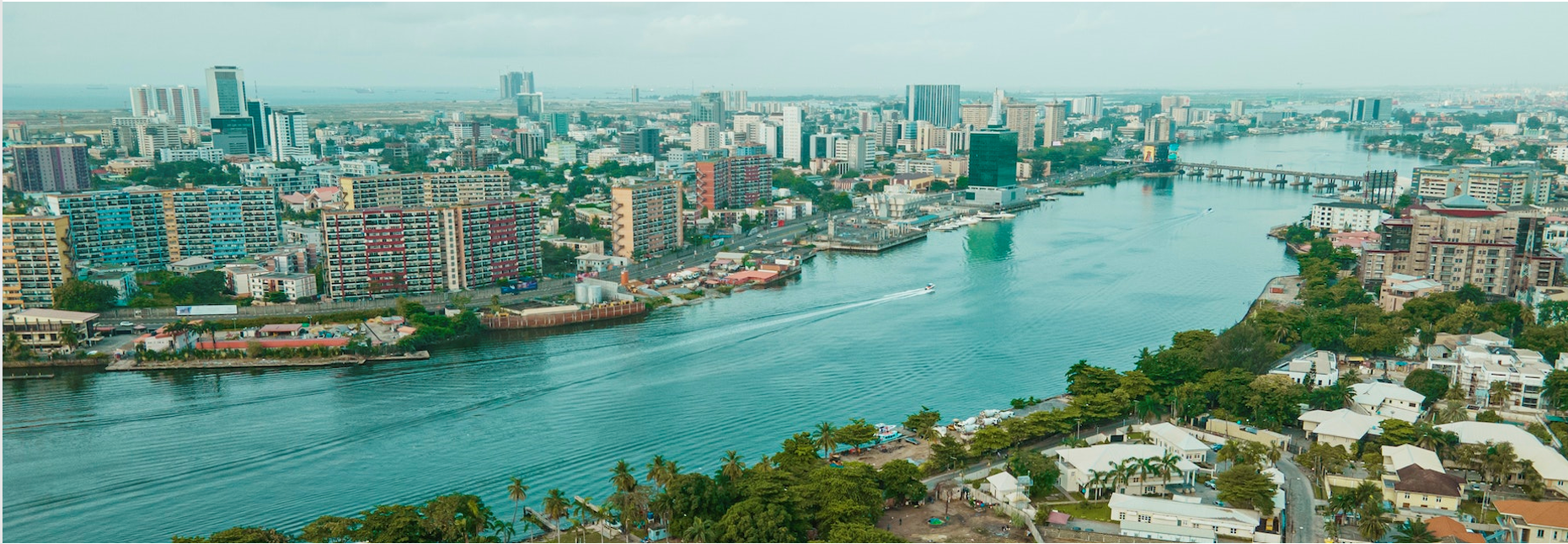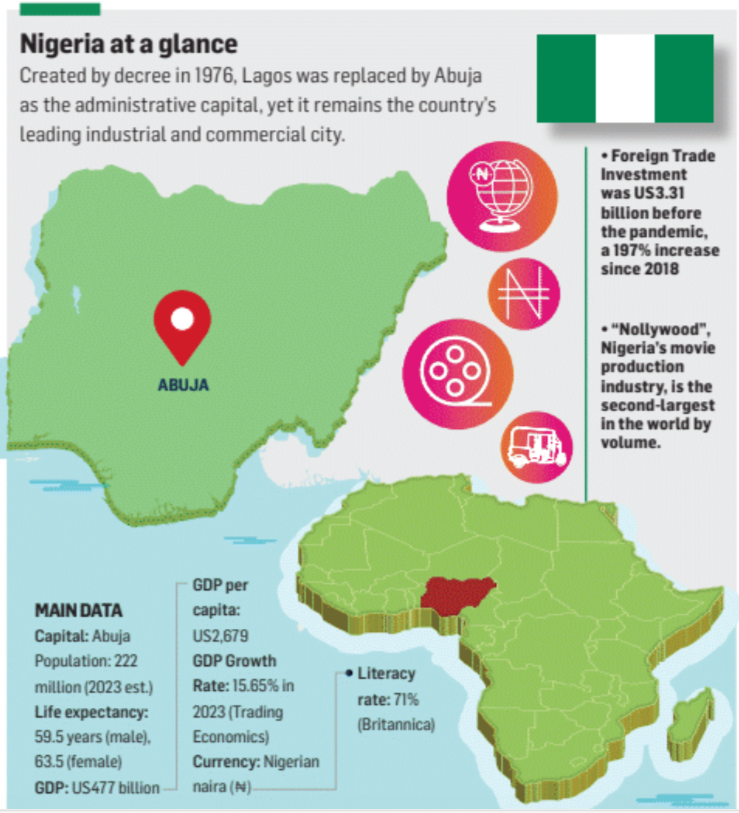New hope for Nigerians in economic modernization
After winning the 2023 presidential elections for the APC party, President Tinubu has set in motion his plan for preparing the country for the twenty-first century.

With a GDP of 1.2 trillion in terms of purchasing power parity, Nigeria is the 27th largest economy in the world, the first economy in Africa, and the market with the most potential for growth. For this reason, the eyes of the international community and particularly of US multinationals in the oil and gas industry were focused on Nigeria this past February, when the country elected former Governor of Lagos Chief Bola Ahmed Tinubu as the 16th President of the Republic.
Promising structural changes to bring the economy into the Twenty-First Century and a renewed hope for Nigerians, President Tinubu managed to rally the voters and defeat their rivals by over seven points, earning a strong mandate to carry out an ambitious economic plan based on improving public-private collaboration and fostering foreign investment. “Partnership between the public and private sectors has to be harmonized and encouraged to actualize the dreams of all Nigerians”, he said in a campaign speech.

For many individual voters and indigenous companies in different industries, Tinubu’s promises had the backing of his performance as two-time Governor of Lagos State between 1999 and 2007, during which he oversaw the transformation of a state suffering from insufficient infrastructure, collapsed businesses, and decaying transport and healthcare systems. By the end of his term, focused on building infrastructure in the aid of business development, the state’s income had increased tenfold, and Lagos had become a central economic hub for the country’s services and oil and gas industries. “Go and see Lagos State, go and see the infrastructural improvement, the taming of the Atlantic, go there and see”, he said in an interview with ARISE News Channel.

